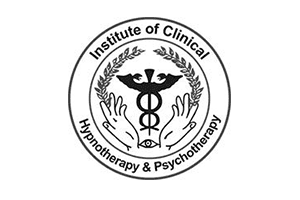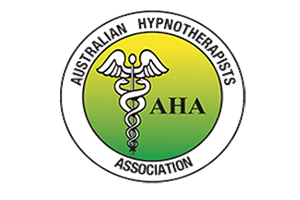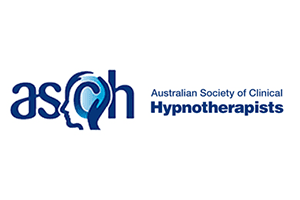Neuro-hypnopsychotherapy training in Australia
Neuro-hypnopsychotherapy is used across the world for a range of beneficial purposes. Based in Australasia, we provide quality training to practitioners across Australia and SE Asia. With the remarkable ability to help clients experience themselves and their environments in profound ways, hypnotherapy enables clients to make empowering choices with major impacts on their lives and world view.
Hypnotherapy
Hypnotherapy is a person-centred psychotherapy, using guided visualisation to achieve an altered state of consciousness called trance. Trance is characterised by increased focus and concentration. Once a client has heightened awareness, a trained therapist can help them bring about desired life changes and harness their potential. Through correct delivery, fMRI recordings have shown that hypnotherapy creates new neural pathways leading to lasting change.
Neuro-hypnopsychotherapy
In neuro-hypnopsychotherapy, the practitioner draws the client's attention to new possibilities and thoughts to understand their response as a basis for exercising new choices. The strategies employed optimise the use of the brain's neuro-biological resources. The current cognitive-behaviour view of hypnosis sees highly focused consciousness, also known as a trance, as a normal part of everyday life. Examples of a trance include daydreaming, immersion within a story, fantasizing and more.
The figure below is an attempt to illustrate this focused trance state. In the upper part of the figure (part A) a person is sitting in a relatively noisy environment trying to read a book with children playing noisily, the TV playing music and some adults speaking in the background.
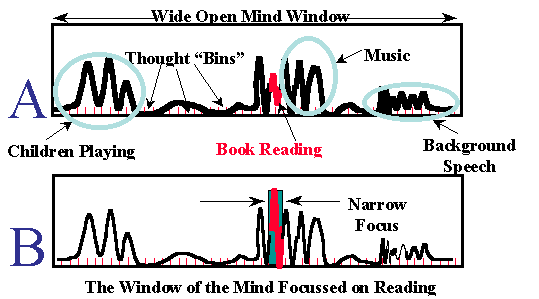
Because of all this background noise the person needs to focus their attention on the book (part B) and when the story is sufficiently engaging succeeds in focusing to such an extent that the ‘thought bins’ associated with the story produce a larger signal than the background noise; so much so in fact that if one of the adults were to try to talk to the person in this focused state they would find it necessary to raise the volume of their voice considerably. We have all experienced this at some time or another in a variety of situations, for example reading a food label in a noisy supermarket, trying to hear an announcement in a noisy airport and so on.
We’ve found that when fully engaged with a story, it’s easy to experience the sensations and imagery associated. This is because interfering thoughts and sounds are reduced in amplitude by the narrow focus on information relevant to the story.
Clinical hypnotherapy
In a clinical session, a hypnotherapist facilitates the trance state rapidly, allowing the client to focus on feelings and emotions behind their concerns. In this state, the subconscious mind engages with the situation whilst the conscious mind steps aside to accept suggestions benevolent to their situation. These suggestions come from the client's wishes now unimpeded by distorted ego-driven thinking.
- Feelings, emotions, and imagery reside in the ‘right' brain, as distinct from the 'left' brain where most conscious thinking is done. The ‘right' brain (the Master) handles powerful motivations, ensuring survival. A hypnotherapist brings forward the powers of the subconscious mind to address difficulties without conflict from the cortex. Clients are amazed at how clearly they see situations and choices within the trance state.
Modern uses of hypnosis:
- Bring into effect benevolent thinking based on client's wishes
- Analyse and interpret difficult periods
- Create a ‘safe’ space to review emotional situations and draw conclusions
- Safely rehearse thinking and behaviour designed to overcome difficulties
- Reinforce successful application of choices and strategies adopted in evidence-based psychotherapy (like CBT)
- Trance work can be used for difficulties faced in everyday life including:
- Pain management
- Phobias
- Stress management including PTSD and Complex Trauma
- Eating disorders
- Substance abuse
- Relationship difficulties
- Self-worth and confidence
- Resilience and personal Wellbeing
Resilience and Wellbeing
Trance work can also be used for difficulties faced in everyday life including:
- Self acceptance
- Personal growth
- Autonomy (freedom of will and action)
- Direction of Life
- Relationship difficulties and positive connections
- Environmental mastery
- Weaknesses in overall standard of living
The above domains represent areas of Positive Hypno-psychotherapy
directed towards enhancing resilience and overall wellbeing in the face of adversities.
Medical hypnotherapy
The American Medical Association indicates that stress is a prime factor in more than 75% of medical conditions. As we learn more about the way certain conditions are acquired and perpetuated, hypnotherapy becomes more relevant in resolving maladapted behaviours. Medical hypnotherapy can be used to assist with many somatic and psychosomatic conditions including:
- Preparation for surgery
- Dental disorders
- Chronic pain management
- Dermatologic disorders
- Cancer treatment side-effects
- Sleep disorders
- Burns and emergencies
- Neurological conditions
- Intestinal disorders
- Involuntary muscle disorder
- Tinnitus
- Hypochondriasis
- Depression and anxiety
- Trauma
- Asthma
- Urinary retention
We promote the practice of hypnotherapy within orthodox medicine and we run specific medically orientated training workshops including:
- Hypno-analytical therapy for depression and anxiety disorders
- Trauma therapy for sufferers of post-traumatic shock and for victims of long term reinforced trauma
- Evidence-based interventions for Self Regulation
Research
Browse the range of research material obtained from ICHP resources worldwide. Consult "Research" at the ICHP international website hub www.hypnosiseire.com
